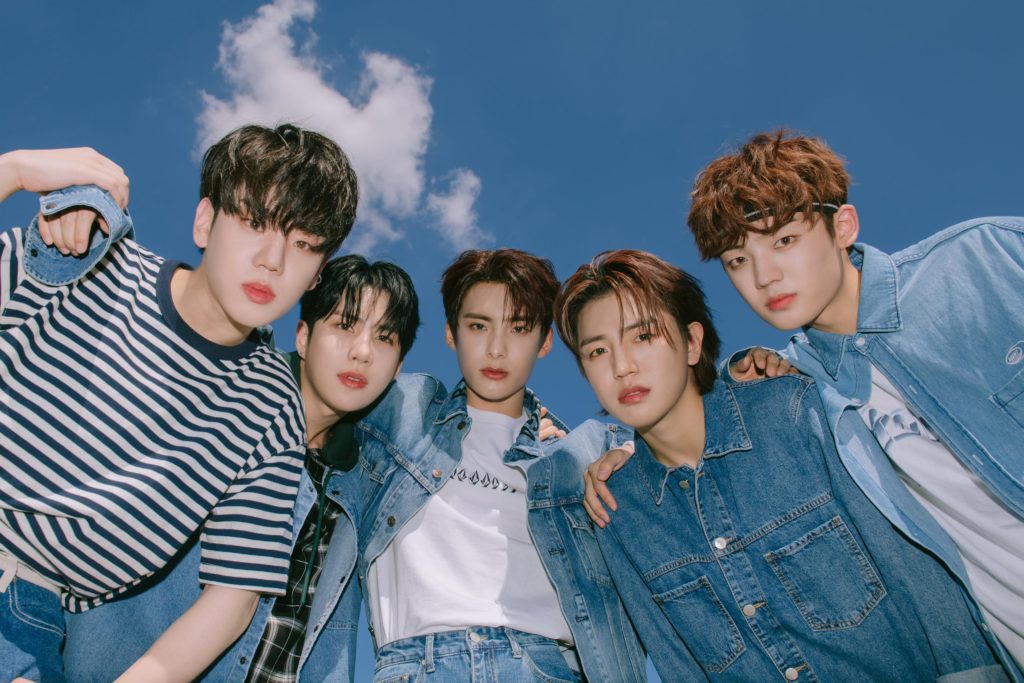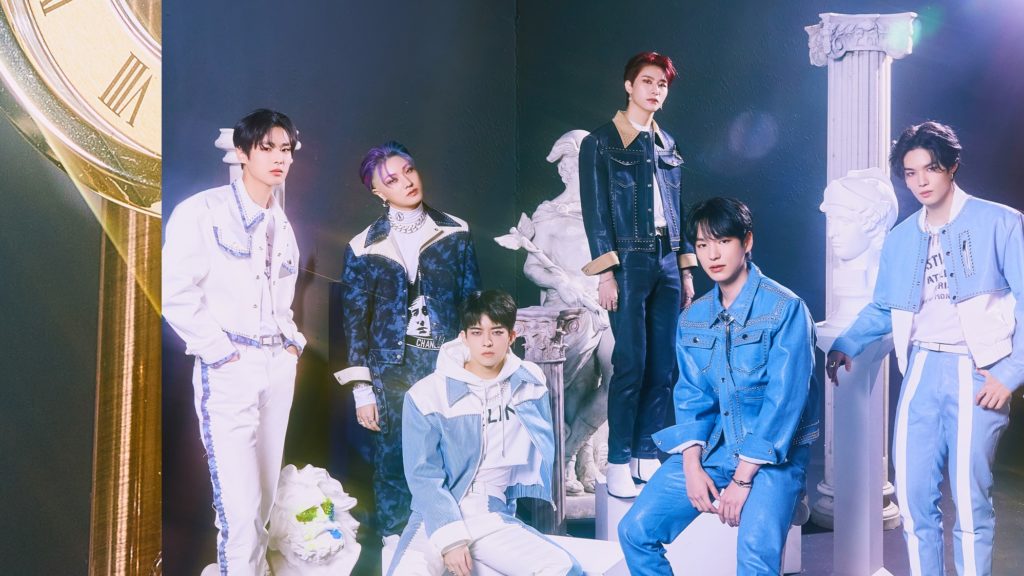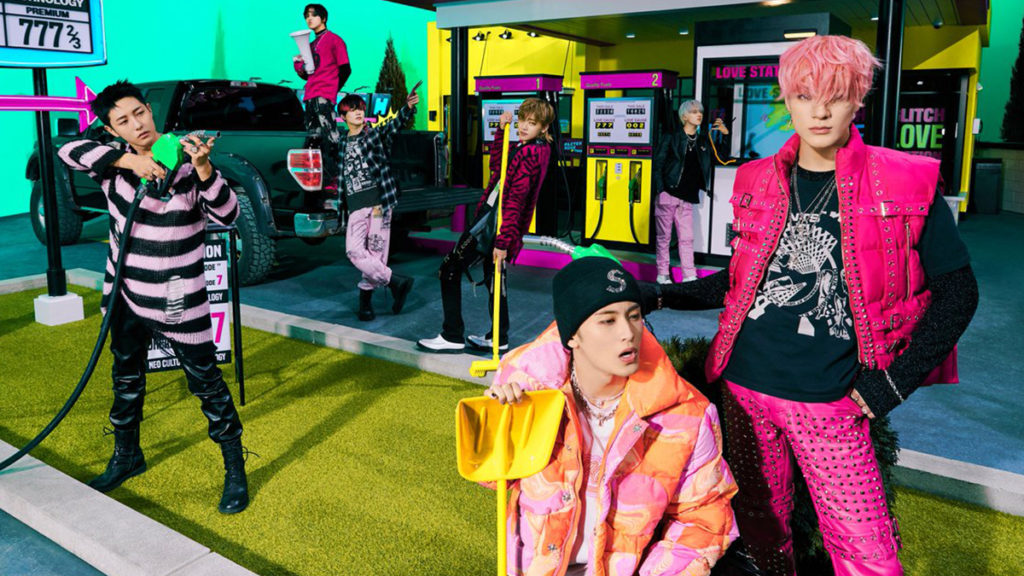Hidden Letters: Preserving a Secret Language of Sisterhood
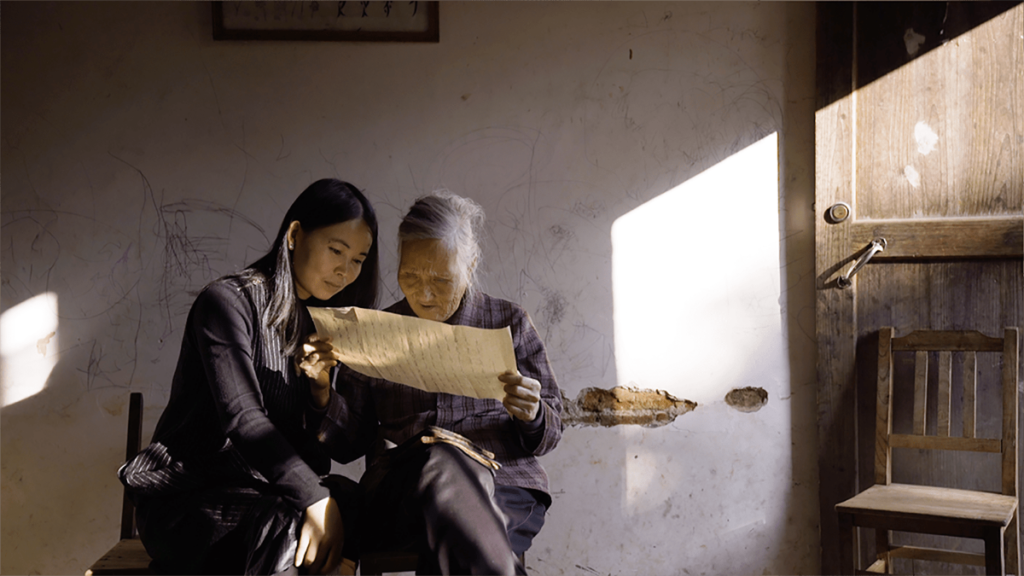
Nüshu, a secret language shared between generations of Chinese women, was formed as a means of support and survival in the face of patriarchal oppression. This language of sisterhood, “written with delicate strokes made from sharpened bamboo sticks dipped in ink,” is also the topic of Hidden Letters, directed by Violet Du Feng.
Shown on the big screen in New York City as a part of the Tribeca Film Festival, the 86 minute-long documentary delves into the little known stories surrounding Nüshu and the women who understand it. Feng herself first learned about Nüshu through the novel Snow Flower and the Secret Fan by Lisa See. Hidden Letters anchors its narrative through the stories of two Chinese women, Hu Xin, a Nüshu museum guide from rural Jiangyong, and Wu Simu, a musician from bustling Shanghai, and their relationships with this hidden language. In her directorial debut, Feng captures modern women’s connections to Nüshu and contemplates the impact commercialization may have on its future.
The Secret Sisterhood of the Silenced
In 1952, American musician John Cage composed his controversial piece “4’33.” During performances, Cage would sit at the piano, sheet music in front of him, and listen. “4’33” lives on as four minutes and 33 seconds of “silence,” but the surroundings during his performances were anything but.
The same goes in Feng’s Hidden Letters. A prologue appears on the black screen, and the white text is broken into short lines, divided intentionally like a poem. “Their voices were silenced” lingers after the historical context that birthed Nüshu, a combination of stifling patriarchal expectations, oppressive marriages, abusive partners, and the dehumanization of women. The rush of air, chirps of birds, and din of traffic frame the documentary before any spoken language.
Hidden Letters delicately balances Hu Xin and Wu Simu’s different stories by threading together the similarities: their dedication to Nüshu, of course, the strong women in their lives (namely their mothers and mother-like figures), and the weight of societal expectations, which are mostly related to marriage. Hu Xin is a divorcée, who reveals her ex-husband used to avoid hitting her face so no bruises would show. On the other hand, Wu Simu chooses to break off her engagement over the course of the film.
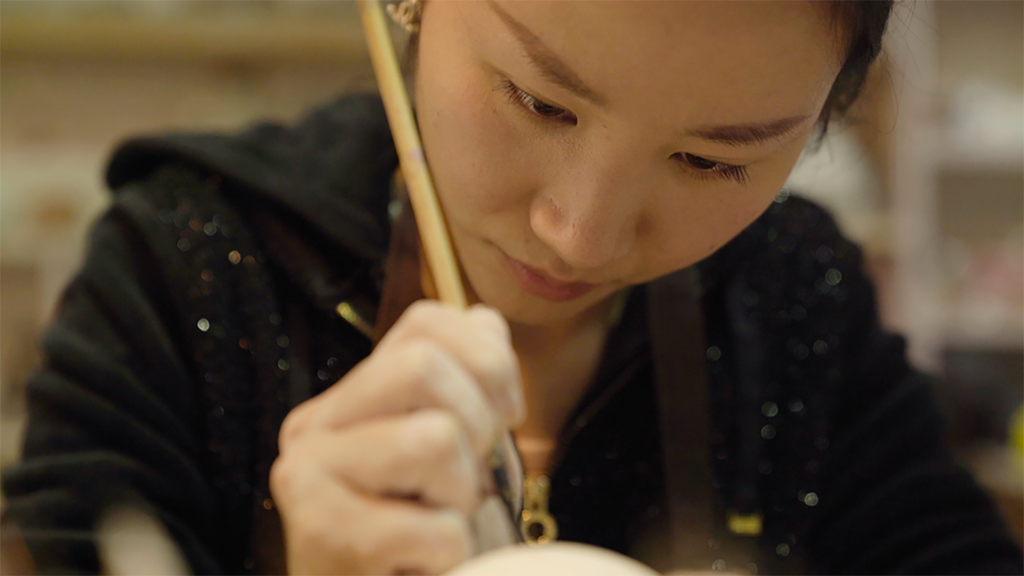
Expectations on Women in China
The boldness and privileged audacity of men are on full display between Hu Xin and Simu’s thoughtful moments. Feng juxtaposes the understandings discovered in purposeful silence with the overwhelming loudness of a Nüshu celebration Hu Xin attends. As the youngest government-certified Nüshu practitioner (there are only seven of these people), she received an award at the celebration and performed as well, combining dance with the writing of Nüshu. Feng forces viewers to be active participants in the chaotic and artistic atmosphere through rapid cuts between headless crowded bodies and champagne glasses. This event may have been honoring a once very secretive language, but as viewers are whisked around the space, there are barely any women present.
More personal expectations and the pressure placed only on women manifest in a conversation between Simu and her now ex-fiancé. They sit face-to-face in a quiet courtyard, though Simu often looks down at her lap, separated from his bustling family inside the house. Simu’s fiancé starts off by encouraging her to drink a sizable bowl of herbal medicine to help prepare her body for pregnancy.
The rest of the talk ends up pinning most of the focus on Simu. Her commitment to continuing her career as a musician and dedicated learner of Nüshu cannot coexist with her societal duties of being a homemaker and mother. The weight of affording a home, however, seems to fall on her as well. Her fiancé suggests she quit Nüshu to take up another job and earn more to put towards becoming homeowners. Simu also cannot become pregnant before they secure a house, as his mother needs to be able to stay with them when that happens. The conversation never turns to Simu’s fiancé’s part in the marriage, the house, or family building. It all lies on Simu, a pressure that would also force her to give up something she enjoys—Nüshu.
The Legacy of Nüshu
Sisterhood and the bond found in the history of Nüshu come to life in the present day through Hu Xin and her relationship with He Yanxin, one of the last Nüshu masters. The two women both grew up in Jiangyong, where the secret language they have dedicated their lives to first emerged. It is in this central Chinese village—with shots of its stone homes and quiet, narrow alleys dispersed throughout the film—where the roots of Nüshu and its legacy become one.
Earlier in the documentary, Hu Xin recalls her mother chanting a Nüshu poem to her when she was younger. Later, the museum guide and her mentor, the great He Yanxin, wanders through the older woman’s home from when she was a little girl. In those four walls, now crumbling, He Yanxin learned the ways of Nüshu from her grandmother. Times were different then and this language passed down was truly a means of survival. As He Yanxin remembers and Hu Xin joins her, viewers witness a quiet moment bursting with memories that words alone cannot express. Through the medium of film, Hidden Letters captures the language that lingers.
The Modern World’s Desire to Commercialize
While there are still many who do not know about Nüshu, Hidden Letters makes sure to highlight the desire—most often of men—to glean the “value” from the language formed originally as a method of protest and protection. What seems to be a spotlight on the focused stories of two women and their relationship with Nüshu expands to draw a critical eye on its commercialization.
While at a conference, Hu Xin represents the museum she works at and writes Nüshu on paper fans. As she does so, a curious onlooker watchers her. This person then asks Hu Xin if the character in the center of the fan can be bigger; however, Nüshu is supposed to be small and slim (and Hu Xin responds with this much). Other items around her display the language as a flashier commodity, meant to capture people’s attention for its aesthetic appeal. There is no respect or acknowledgment of its origins nor those who carry that legacy in the characters they write and the poems they chant.
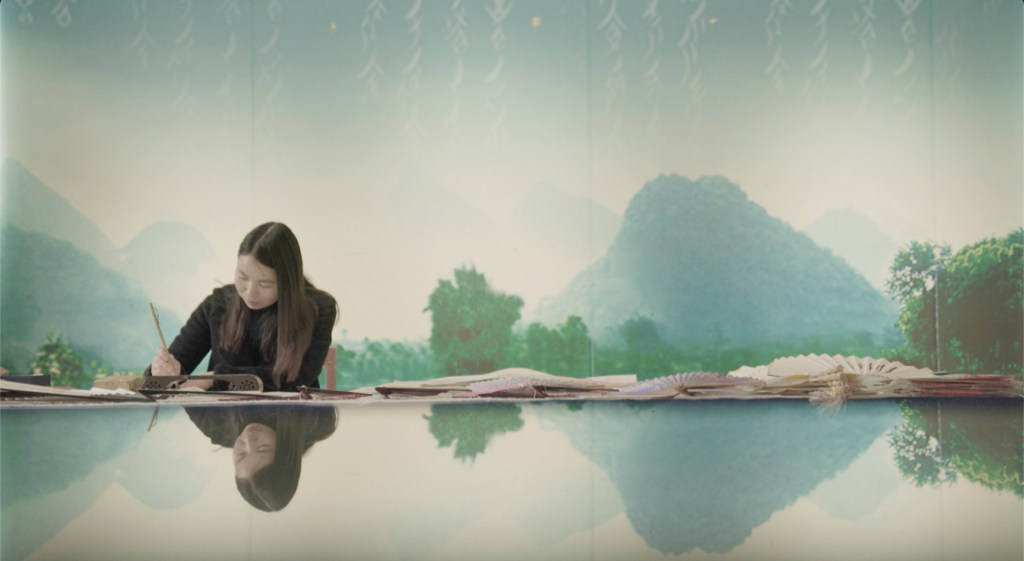
Feng does not guide these interactions, yet the stark audacity of men and their false claim of ownership over Nüshu is astounding. This is even clearer in the scene about a “Nüshu cellphone,” which translates everything into the language. A man holds the phone at the front of a small room, where Hu Xin and He Yanxin are present, and gives his presentation, revealing that the product costs $300. To add onto the disbelief over this moment, during the demonstration, the phone was not able to translate spoken Mandarin into Nüshu as promised. At the end, a woman puts into words what is on many people’s minds: why should she buy this phone if she cannot even understand Nüshu?
Nüshu continues to be stressed as “valuable” with little thought except for being a product to bring in money. A brief private meeting at a Nüshu cultural center went one step further than the cellphone. One of the men in the meeting barrels through any concerns over his idea of “Nüshu potatoes”—potatoes branded with Nüshu characters. His argument, despite another woman’s best efforts to contest the validity of it, is that the Nüshu potatoes will make the language more “commercially viable.” Moments like these separate Nüshu further from its roots, as stated toward the end of the documentary, “[Nüshu is] art to us, not them.”
The Social Impact of Nüshu
Regardless of these frustrating scenes, Feng ends the story of Hidden Letters on a hopeful note. Simu, who broke off her engagement, moved back into her family’s apartment. She also contributed to a museum exhibit, in which she displayed her Nüshu poems and gave guided tours. One of Simu’s scrolls, as she explained, was her 21st century response to a female ancestor’s poem of uncertainty. The young Shanghainese woman found this ancestor’s words in her research. This prompted Simu to add her voice to a piece of buried history. Simu discovered her community and sisterhood in her own life, just as Nüshu was for women in the past.
Hu Xin, too, continues her studies with He Yanxin. Another exchange of letters occurs in Jiangyong. In a small room lit by a stream of soft light, Hu Xin gives her mentor a letter in Nüshu. The trust in their relationship is clear as He Yanxin gently corrects her errors and emphasizes the need to chant Nüshu. The two lean close together over the wide scroll, having completely forgotten about the camera right in front of them.
While Hidden Letters ends with hope and possibility, the mission spurred by the documentary continues into our present day. In the post-screening Q&A session, Feng mentioned the ongoing social media campaign inspired by Hidden Letters and Nüshu. This campaign utilizes the power of today’s digital age to further connect women—and others—to the language and an international community. Just like the secret language created a safe space for women, so does Hidden Letters. As Feng emphasized at the end of the discussion, “We have our voices.” And that we do.
Want more Tribeca Film Festival content? Read EnVi’s review of the short film, Fifth of June, here!
